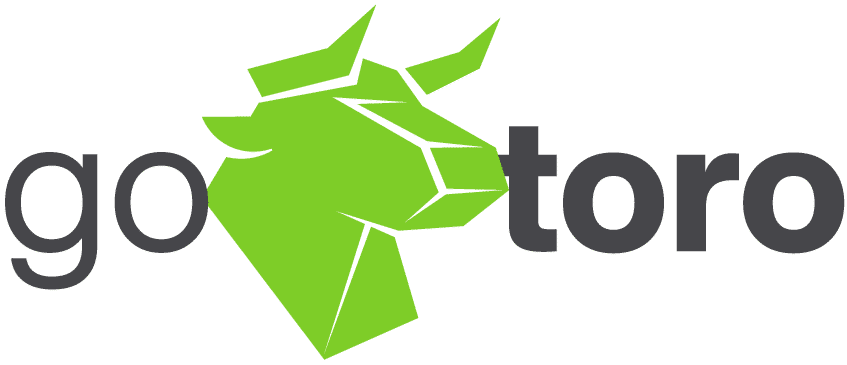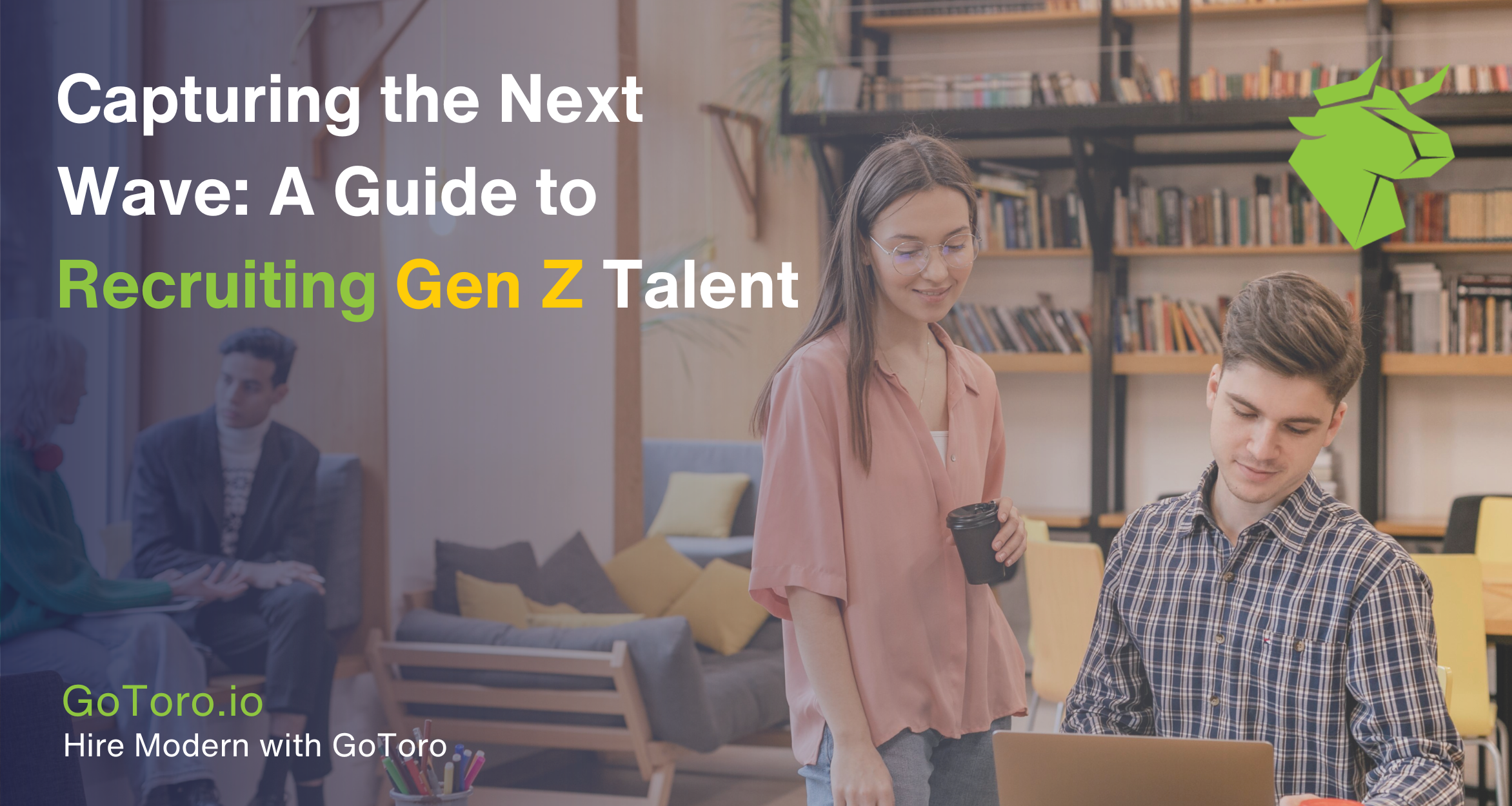In the evolving landscape of the modern workforce, the challenges and opportunities in recruiting Gen Z talent are becoming increasingly prominent. As businesses strive to stay ahead, understanding how to recruit Gen Z becomes essential. This generation brings a unique set of values and expectations to the table, necessitating a shift in traditional recruitment strategies. By aligning recruitment efforts with the priorities of Gen Z, employers can unlock a wealth of potential, driving innovation and growth within their organizations.
This blog post is designed to guide employers through the nuances of recruiting Gen Z, emphasizing the importance of digital engagement, purpose-driven employment, and continuous learning. By the end of this post, readers will have a comprehensive understanding of Gen Z’s workplace expectations and how to meet them effectively.
Understanding Gen Z

Demographic Overview
Gen Z, typically defined as those born between 1997 and 2012, is entering the workforce in full force. Characterized by their tech-savviness and diverse perspectives, this generation is poised to make significant impacts across industries. As digital natives, Gen Zers have grown up in an interconnected world, influencing their expectations for communication, collaboration, and company culture.
Characteristics of Gen Z
A key to successfully recruiting Gen Z lies in recognizing their inherent characteristics. This generation stands out for its digital-first approach, favoring companies that are proficient in utilizing technology not just for business operations but also for recruitment and engagement. Transparency and authenticity are not just preferred but expected, with Gen Z seeking employers who are clear about their values, operations, and expectations.
Workplace Expectations
When it comes to the workplace, Gen Z has clear expectations that set them apart from previous generations. They value flexible work environments that allow them to balance their personal and professional lives seamlessly. Work-life balance is not just a buzzword but a critical factor in their job selection process. Moreover, meaningful employment is paramount; Gen Z wants to work for companies that contribute positively to society and allow them to feel a sense of purpose in their roles.
Optimizing Recruitment Strategies for Gen Z
Understanding these aspects of Gen Z is the first step in optimizing recruitment strategies to attract this dynamic cohort. The emphasis on digital engagement, purpose-driven employment, and continuous learning are not merely trends but reflections of the intrinsic values and expectations of Gen Z. By aligning recruitment efforts with these priorities, employers can not only attract but also retain Gen Z talent, securing a competitive edge in the ever-evolving marketplace.
Challenges in Recruiting Gen Z
Mismatched Expectations
One of the primary challenges in recruiting Gen Z is the disconnect between traditional workplace practices and Gen Z’s modern expectations. Many organizations are accustomed to a certain way of operating, which often includes fixed working hours, in-office attendance, and a hierarchical communication structure. However, these practices may not resonate with Gen Z candidates, who seek flexibility, autonomy, and open, transparent communication. Understanding how to recruit Gen Z requires a shift from conventional norms to more agile and inclusive workplace models.
The Competition for Talent
The job market is witnessing an unprecedented level of mobility among Gen Z workers, highlighting the importance for employers to differentiate themselves. Recruiting Gen Z is not just about filling positions but offering compelling reasons for this generation to join and stay with your organization. Gen Z workers are not just looking for a job; they are seeking careers that offer growth, purpose, and alignment with their personal values. Therefore, standing out in a competitive job market necessitates a clear demonstration of what makes your company unique and attractive to Gen Z talent.
Core Strategies for Attracting Gen Z Talent
Digital Engagement Strategies: Navigating Gen Z’s Online World

Utilizing Social Media and Digital Platforms
A cornerstone of how to recruit Gen Z lies in understanding their digital habitat. Gen Z spends a significant portion of their time online, navigating various social media platforms and digital channels. Employers need to leverage these platforms to engage with potential Gen Z candidates effectively. This includes not just posting job ads but creating engaging content that reflects your company’s culture, values, and the opportunities you provide. Utilizing platforms like Instagram, LinkedIn, Snapchat, and TikTok can help make your organization more visible and appealing to Gen Z.
Digital-First Communication
In line with their preference for digital environments, Gen Z values digital-first communication. This means prioritizing online interactions throughout the recruitment process, from the initial job posting to the application and interview stages. Implementing technology-driven recruitment processes, such as video interviews, online assessments, and virtual onboarding, can significantly enhance your appeal to Gen Z candidates. It’s not just about using technology, but about how it’s used to create a seamless, efficient, and engaging candidate experience that resonates with the digital-first nature of Gen Z.
In conclusion, recruiting Gen Z poses unique challenges that require employers to rethink and innovate their recruitment strategies. By addressing the mismatched expectations and understanding the competitive landscape, and by adopting digital engagement and communication strategies, organizations can effectively attract, engage, and retain Gen Z talent. This approach not only helps in recruiting Gen Z but also positions your company as a forward-thinking, adaptable, and desirable place to work for the next generation of talent.
Purpose-Driven Employment: The Gen Z Perspective

Aligning Company Values with Social Causes
When it comes to recruiting Gen Z, showcasing your company’s commitment to societal and environmental issues can significantly impact your attractiveness as an employer. Gen Z candidates are not just looking for a job; they are looking for employers whose values align with their own, particularly regarding social justice, sustainability, and community impact. A Deloitte survey reveals that more than one-third of individuals from Gen Z have turned down job offers or assignments when they found a mismatch between their own values and those of the organizations.
Demonstrating your company’s involvement in social causes, whether through CSR initiatives, sustainable business practices, or community engagement, is crucial. Highlighting these efforts in your recruitment materials, on your website, and through social media can draw Gen Z candidates who are eager to contribute to meaningful work that goes beyond the corporate bottom line.
Transparency and Authenticity
Building trust with Gen Z starts with honest communication about your company’s goals, values, and culture. This generation values authenticity and transparency in their interactions, including those with potential employers. When recruiting Gen Z, ensure that your company’s mission and values are not just clearly communicated but also evidenced through actions and policies. Sharing stories of real employees who embody these values and contribute to their realization can further illustrate your company’s genuine commitment to its principles, appealing to Gen Z’s desire for authentic workplaces.
Continuous Learning and Development: A Key Factor for Retention

Growth Opportunities within the Company
For Gen Z, the opportunity for growth and professional development is a significant factor in choosing an employer. Demonstrating how your company supports career advancement and skill development can be a deciding factor for Gen Z candidates. When recruiting Gen Z, highlight the clear career paths available within your organization, as well as the programs in place to support their journey. This could include professional development workshops, leadership training, or tuition reimbursement programs. Showcasing these opportunities not only helps in recruiting Gen Z talent but also plays a vital role in their retention, as they see a future within your company where they can grow and succeed.
Mentorship and Continuous Feedback
Implementing mentorship programs and a culture of continuous feedback is another strategy to attract and retain Gen Z employees. This generation values guidance and regular feedback to help them navigate their career paths and improve their skills. Providing structured mentorship programs that pair Gen Z employees with experienced professionals within your organization can facilitate their professional growth and development. Moreover, fostering an environment where feedback is regularly exchanged between employees and management can encourage a culture of continuous improvement and learning. This approach not only aids in the professional growth of Gen Z employees but also enhances their engagement and loyalty to the company.
In conclusion, recruiting Gen Z requires a nuanced approach that goes beyond traditional recruitment strategies. By emphasizing purpose-driven employment, aligning your company’s values with social causes, and offering robust opportunities for continuous learning and development, you can attract Gen Z talent effectively. These strategies underscore the importance of not just attracting Gen Z candidates but also investing in their growth and retention, ultimately benefiting both the employees and the organization.
Implementing Effective Recruitment Practices
Creating Job Descriptions That Resonate
Tailoring job descriptions is crucial in the strategy of how to recruit Gen Z. These descriptions should not only detail the role and responsibilities but also highlight the elements most important to Gen Z candidates, such as flexibility, purpose, and opportunities for development. Incorporating language that reflects your company’s commitment to these values can make your job postings more attractive to Gen Z. Mention flexible working arrangements, your company’s mission and how the role contributes to it, and specific growth and learning opportunities within the position. This approach will help your job postings resonate with Gen Z candidates who are looking for more than just a job—they’re looking for a role that aligns with their personal values and offers them a path for growth.
Innovating the Interview Process
Recruiting Gen Z requires an innovative approach to the interview process. Traditional interviews may not fully capture the potential or align with the expectations of Gen Z candidates. Instead, focus on designing an interview process that evaluates potential, cultural fit, and the mutual growth opportunities between the candidate and the company. Incorporate questions that allow candidates to discuss their values, how they see themselves growing with your company, and their expectations for work-life balance and company culture. Consider using more interactive formats, such as project-based tasks or group discussions, to gauge how candidates collaborate and solve problems. This more holistic approach can help identify candidates who are not just capable but also passionate and aligned with your company’s vision.
Onboarding for Success
Onboarding is a critical phase in ensuring the successful integration of Gen Z employees into your company. Effective onboarding strategies go beyond administrative tasks and aim to immerse new hires in the company culture from day one. Make sure your onboarding process includes clear communication about company values, expectations, and opportunities for involvement. Introduce new Gen Z hires to mentorship programs and peer networks to help them build connections within the company. Providing an overview of growth and development opportunities available to them can also reinforce their decision to join your company. A well-thought-out onboarding experience can significantly impact a Gen Z employee’s engagement and retention.
In conclusion, recruiting Gen Z talent requires a nuanced understanding of their values, expectations, and the ways in which they differ from previous generations. Key takeaways for successfully recruiting and retaining Gen Z talent include the importance of creating job descriptions that resonate with their values, innovating the interview process to focus on potential and cultural fit, and implementing effective onboarding strategies that integrate them into the company culture from the outset.
The evolving expectations of the workforce underscore the ongoing importance of adapting recruitment and retention strategies. Employers are encouraged to invest time and resources into understanding and meeting the needs of Gen Z employees. By doing so, companies can not only attract Gen Z talent but also foster a workplace environment that supports their growth and retention, ensuring a dynamic and future-ready workforce. To discover how our innovative solutions can transform your Gen Z recruitment strategy, request a demo today.


